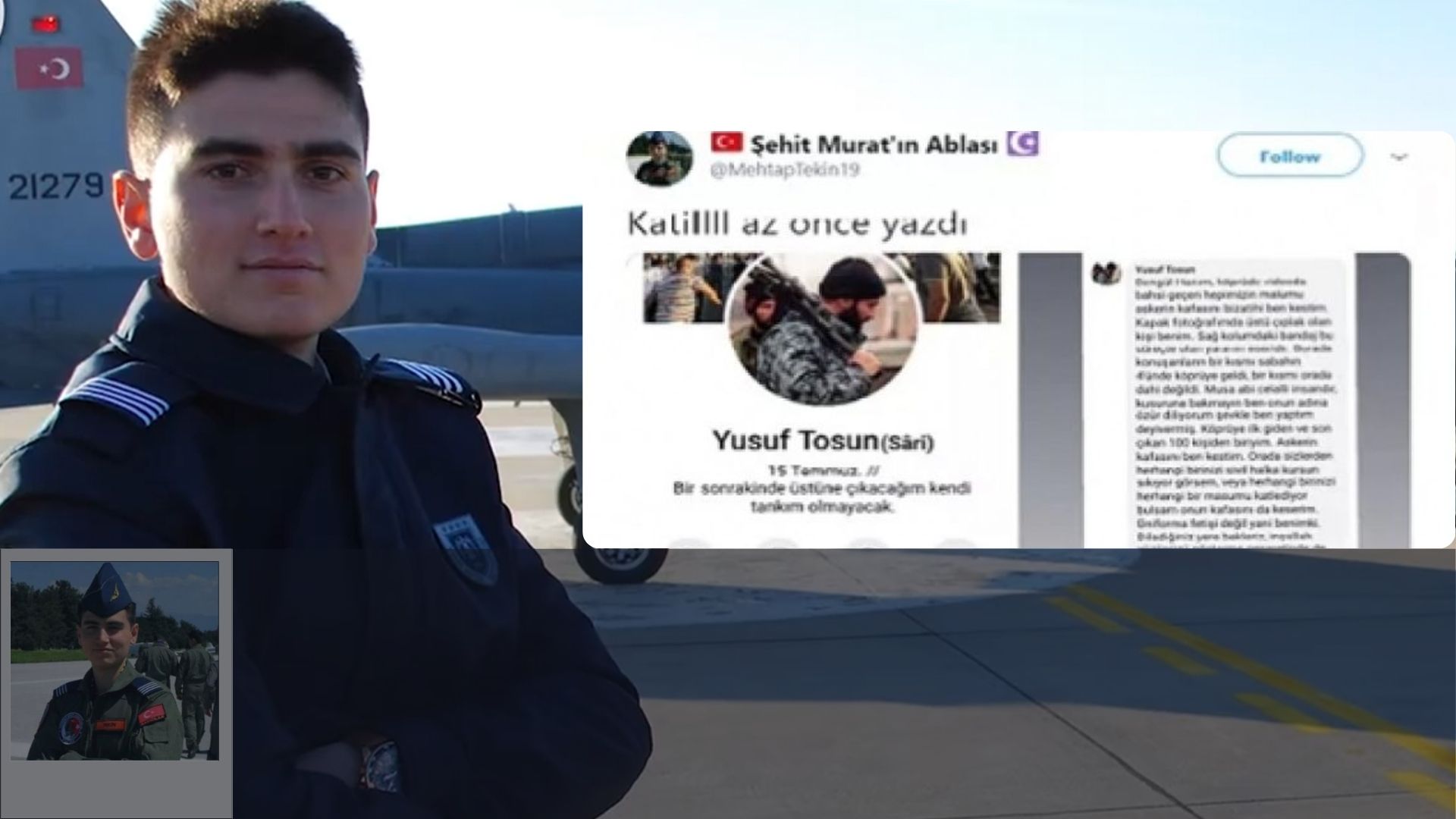Hasan Tahsin Pasha and Hulusi Akar on the Anniversary of July 15

The officer had just finished his presentation at the podium and began expressing his concluding sentence.
"Commander! To prevent a city from being burned and destroyed..." he said. The commander interrupted him, saying:
"Captain, even if it is to prevent a city from being burned and destroyed, surrendering a city to the enemy without fighting is unacceptable under any circumstances. Neither history nor this nation would forgive such an act."
The topic of the captain's presentation was the surrender of Thessaloniki by Hasan Tahsin Pasha to the Greek Army without fighting during the First Balkan War.
Hasan Tahsin Pasha (1845–1918) was an Ottoman general who served in the First Balkan War.
When the First Balkan War broke out, Hasan Pasha served as the Commander of the 8th Temporary Corps in Thessaloniki. On November 8, 1912, without firing a single shot and ensuring the safety of his soldiers(!), after their weapons were confiscated, he surrendered Thessaloniki and 26,000 Ottoman soldiers to the Greek army. Most of these unarmed soldiers were subjected to severe mistreatment and violence by the Greek army within three days, resulting in death for many and others perishing from starvation. However, Hasan Tahsin Pasha himself was left untouched. Thus, Thessaloniki was handed over to Greece after 482 years of Ottoman rule. Consequently, Hasan Tahsin Pasha was posthumously judged as a traitor by the Ottoman Divan of War, and a decision was made to execute him.
While accused of treason by the Ottoman state, Pasha was greatly admired by the Greeks as the savior of the city.
Hasan Tahsin Pasha's grave is currently located in a museum belonging to the Greek Land Forces.
History is nothing but a repetition; spoken words are recorded, never lost, and everyone faces their words one day.
The commander who labeled the surrender of Thessaloniki to the Greek army as treason on that day was none other than Hulusi Akar.
Despite holding the highest position in the Turkish Armed Forces, being a commander whose orders no one dared to question, Hulusi Akar handed over the Turkish Armed Forces to a regime that was corrupt, unjust, and lawless, without any struggle or resistance. Those who know Hulusi Akar are aware that he is an intelligent, cunning, pragmatic character who controls everything. Therefore, it is not very plausible to think that Hulusi Akar was unaware of the stones laid on the path to the events of July 15.
Hulusi Akar's role and knowledge in the so-called coup attempt on July 15 can be evaluated in two ways.
Firstly, Hulusi Akar was aware of this plan from the very beginning and approved the purge within the Turkish Armed Forces through this conspiracy. In this case, there is nothing more to say, and the situation is clear. A Chief of General Staff who conspired against his comrades.
In the second possibility, according to his statement to the press, Hulusi Akar learned of a coup attempt around 17:00-18:00 on July 15 from the Deputy Chief of General Staff, Yaşar Güler. After learning this, his only action was to send the Chief of the Land Forces and the Chief of Land Forces Staff to the Land Aviation Command.
What does a Chief of General Staff, who wants to prevent such a grave incident, do?
- He does not send Force Commanders to a wedding. He immediately issues orders to them and calls all of them back to their units.
- He broadcasts a message to all units with the code "Operation Lightning," calls all personnel to their barracks, and orders that no one leaves the barracks until a second order, preventing those attempting to leave.
If Hulusi Akar had even done this much, so many innocent people, riot police in Gölbaşı, War Academy students on the bridge, and many others would not have lost their lives or been injured, and the reputation of the Turkish Armed Forces would not have been so tarnished.
Two of the most significant indicators of where Hulusi Akar was on July 15 are that despite numerous allegations against him, he has not been called to testify in any court, and after such an incident that plunged the country into darkness, he was appointed as the Minister of National Defense.
There are still many dark areas regarding July 15. It is not very difficult to illuminate and understand them. But the truths have a habit of eventually coming to light. When the time comes, this fog will lift, revealing who the traitor was and who the hero was, and history, which gave a name to Hasan Tahsin Pasha, will also give Hulusi Akar what he deserves.
It seems that dictators take examples from other dictators, and traitors from other traitors.
Hulusi Akar has not yet gone to court to respond to the allegations against him. We, as believers in the supremacy of the law, already acknowledge the sanctity of the right to defense.
However,
when we place Hasan Pasha side by side with Hulusi Pasha and base our judgment on the "Traitor" verdict given by the Ottoman Divan of War against Hasan Pasha (which Hulusi Akar also accepts), we comfortably say, "he is a traitor," considering his actions are contrary to the "seriousness and sincerity" exhibited by Hasan Pasha.
"Let it be, don't care, God helps...
Don't think that the gain of the oppressor is enduring...
The cry of the oppressed brings down kings...
EVERYTHING HAS ITS OWN TIME!"
Ibrahim Akinci




